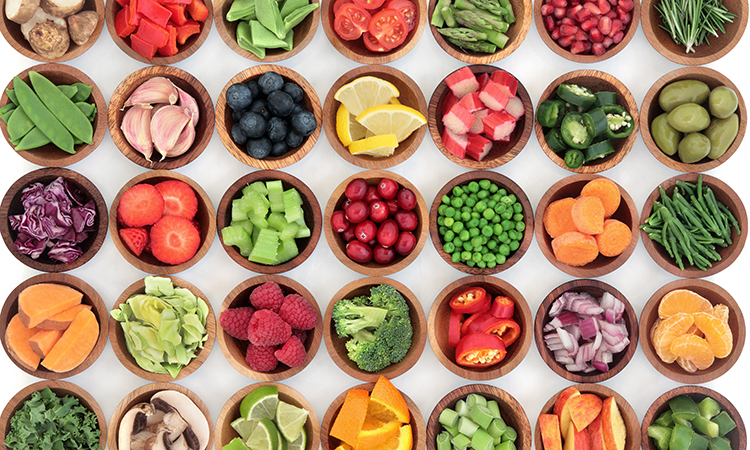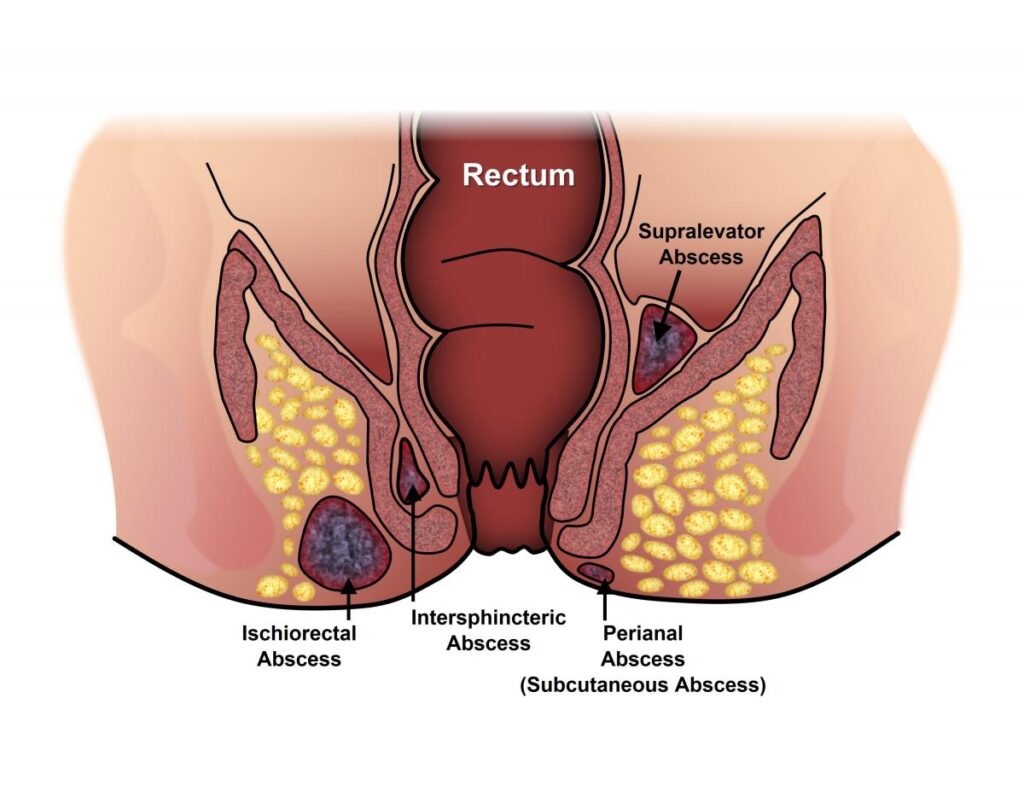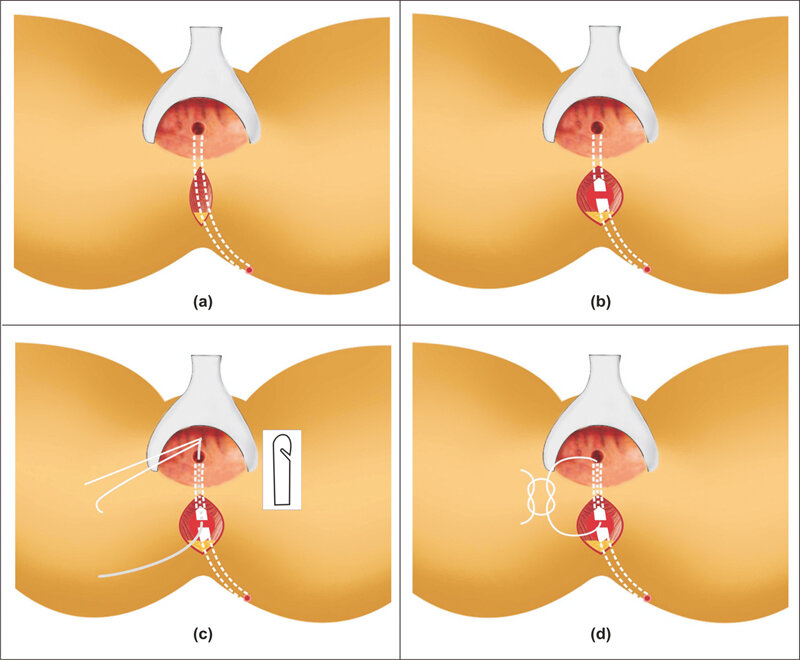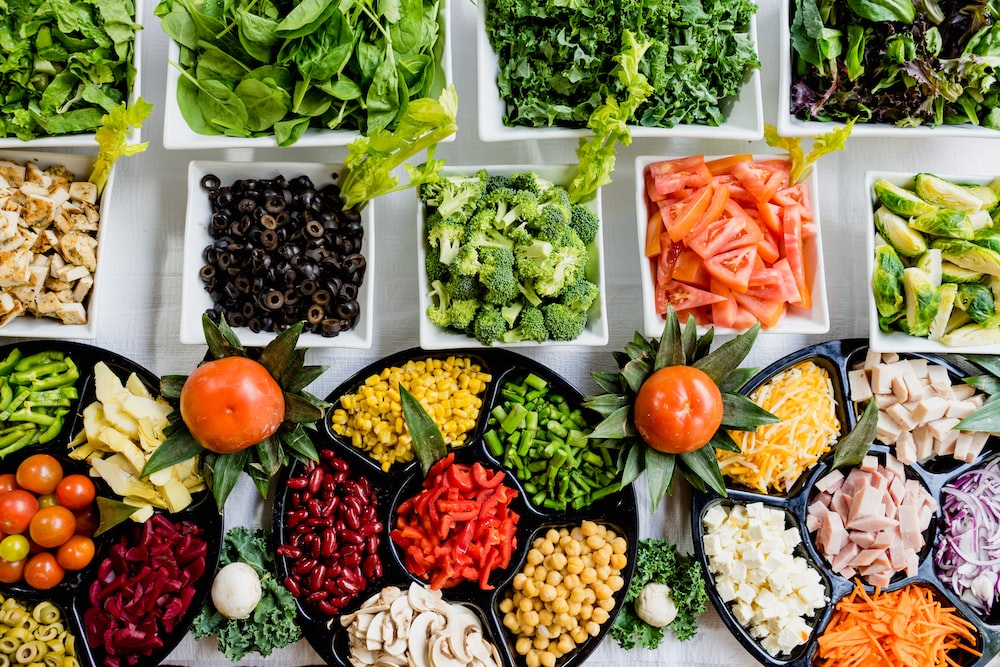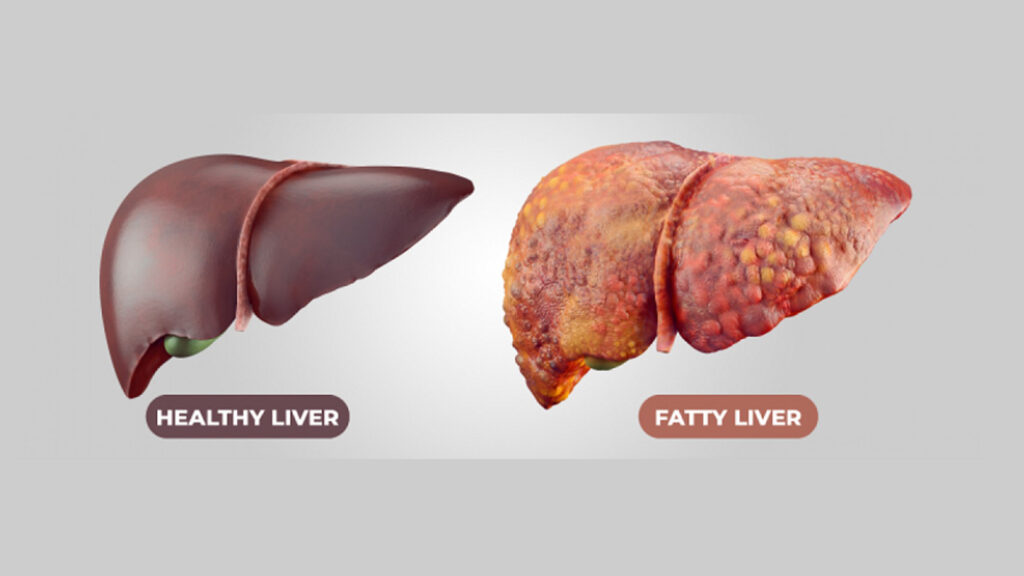How does diet help in managing and preventing piles?
Piles develop from increased pressure in the lower rectum due to:
- Straining during bowel movements
- Sitting for long times on the toilet
- Having chronic constipation or diarrhea
- Having a low fiber diet
Hence, consuming foods rich in fiber can help reduce the symptoms of piles and also help prevent them. The benefits of fiber intake are:
- Increases water retention in the colon
- Increase in stool bulk
Food For Piles: What are the types of food that can be consumed for piles?
There are two types of fiber – Soluble fiber and insoluble fiber
- Soluble fiber –This is in the form of gel when dissolved in water. This allows the stool to be soft, easy to pass and well-formed.
- Insoluble fiber – This fiber does not dissolve in water but helps in adding bulk to the stool .A person can consume 25 to 30 grams of fiber a day. But it has to be made sure at least one-third of them are soluble. A excessive intake of fiber, however, causes gas and bloating. Drinking more fluids can also help in easy passage of stools. It is important to have at least 8 to 10 glasses of water every day.
What foods help in preventing or managing piles?
Foods that are rich in fiber such as :
Wheat bran and shredded wheat
Taking 1/3 to ¼ cups of fiber and ready-to-eat bran cereal containing 9.1 to 14.3g of fiber can help prevent piles. Also, eating 1 to ¼ cups of shredded and ready-to-eat bran cereal that contains 5 to 9 grams of fiber is very useful for preventing piles, as they contain insoluble fiber. This makes the stool bulkier and easy to pass.
Apples
Apples are a rich source of fiber when eaten with the skin, which contains 4.4 g of fiber. Apples contain insoluble fibers in their skin. These fibers do not break down and help in bulking up the stool, causing a laxative effect. Therefore, apple is considered to be one of the recommended foods for managing piles.
Barley
β-glucan is the fiber content that can be found in barley. This fiber breaks down and forms a viscous gel in the colon that helps in softening the stool. Good colon health can be maintained by consuming barley.
Lentils
A cup of cooked lentils contains 15.6 grams of fiber. Similarly, pulses such as chickpeas, lima beans, split peas are the best sources of fiber. Green lentils help increase the stool’s weight, thus reducing the time it stays in the colon.
Berries
The skin-to-flesh ratio is high in raspberries, strawberries and blackberries. One serving of berries (100 grams) contains 6.5 grams of fiber. The water content in berries is high. Hence, the stools are softened. This helps the digestive system function smoothly. The fructose content in berries gives a natural laxative effect.
Potatoes
3.8 grams of fiber is found in one medium-sized baked sweet potato with skin and 3.6 grams of fiber is found in one medium-sized baked potato with skin. Potatoes generally contain both soluble and insoluble fiber. A strong laxative effect is also more often found in sweet potatoes than in other vegetables.
Tomatoes
Tomatoes are rich in fiber and water, and help ease constipation, making it easy to pass stool. Naringenin, a natural antioxidant has a laxative effect on few forms of constipation. Therefore, tomato is another recommended food option for managing piles.
Kiwis
One serving of kiwi has 3 grams of fiber and a sufficient amount of water. It acts as a laxative, increases stool bulk and eases the passage of stool. This helps to reduce the colon transit time. Enzyme zyactinase in kiwi fruits improves digestion.
Prunes
Prunes are a kind of dry plums. One cup of stewed prunes contains 3.8 grams of fiber. The feeling of fullness can be maintained for a long time while consuming dried prunes. Thus, the person need not eat often. It helps to reduce constipation and obesity that are high-risk factors for piles.
Pears
Pears are extremely rich in fiber. There are 6 grams of fiber in pear with skin. Pears contain fructose that acts as a natural laxative.
Corn
Corn is being used as a source of fiber from ancient times. 4.2 grams of fiber is present in one cup of cooked sweet corn.
Oats
4 grams of fiber present in one cup of cooked oatmeal is capable of improving health. It also helps in softening the stool and makes it easier to pass.
Whole wheat bread, pasta, and cereals
Whole wheat products are rich in insoluble fiber, and increases the fecal volume and colon transit time. Whole wheat products contain both soluble or insoluble fibers.
Broccoli
Broccoli can improve digestion because it contains sulforaphane. Symptoms of constipation can be prevented by eating 20 grams of raw broccoli sprouts every day for weeks. It reduces strain and fastens bowel movements.
Citrus fruits
The inner skin of lemons, oranges and grapefruits contain fibre. These citrus fruits also have naringenin, a compound with a laxative effect. They have a high-water content that softens stools and eases constipation.
Beans
Peas, pulses and dried beans are extremely rich in fiber. While a cup of half-cooked beans contains 9.6 grams of fiber, half-cup of kidney beans contains 5.7 grams of fiber.
What are the foods to avoid for piles?
Foods that are processed, rich in fats, sugar and refined carbohydrates have to be avoided for piles. They increase the risk of hemorrhoids or piles, and worsen constipation. The symptoms of piles can be reduced by avoiding the following foods:
Processed food
Frozen foods and deep-fried food are difficult to digest. They contain unhealthy fats, fewer nutrients and plenty of salt. This causes poor digestion and results in constipation.
Spicy food
Spicy foods should be avoided to prevent painful bowel movements.
Alcohol
Alcohol intake has to be reduced as it interrupts the digestive balance and has a dehydrating effect.
Dairy products
The gas formation, cramps and constipation can be caused by dairy. Therefore, it is important to track the daily consumption of dairy products.
Salty foods
Salt content in certain foods tend to be very high, and this can affect the blood vessels. Therefore, people suffering from piles are advised to avoid foods such as hams, sausages and canned foods.
Iron supplements
Iron supplements can also be a cause of constipation. Try to avoid having those supplements, or consult a doctor.
